
by Guest Blogger |
As writers, we all deal with a lack of confidence from time to time, but some writers feel plagued by it. If you allow yourself to wallow in these feelings, you won’t write enough to improve your work. If you don’t improve your work, you’ll never build a writing career you love.
Use these strategies to keep writing even when you’re full of doubt and insecurity, and ultimately reshape how you think about writing.
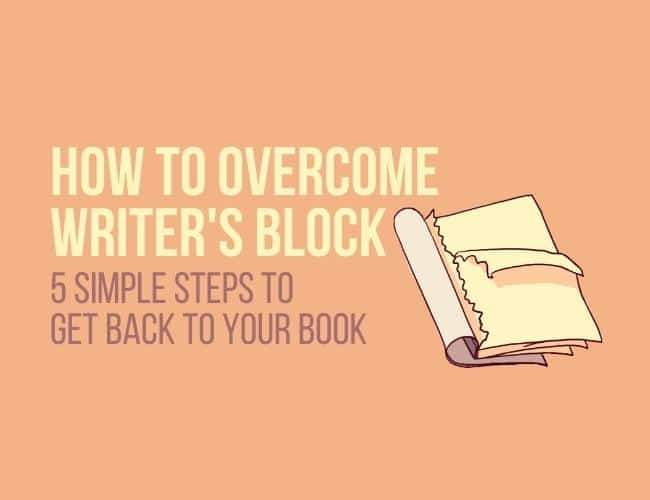
by David Safford |
It’s practically inevitable. You’re rockin’ and rollin’ through your writing, feeling invincible, and then you reach a sudden halt: You’re blocked. The words won’t come. It seems like there’s nothing more, and yet you’ve got things to do! Deadlines to meet! Dreams to fulfill!
It can seem impossible. But never fear: it can be done.
Here’s how to write a book when you’ve got writer’s block.
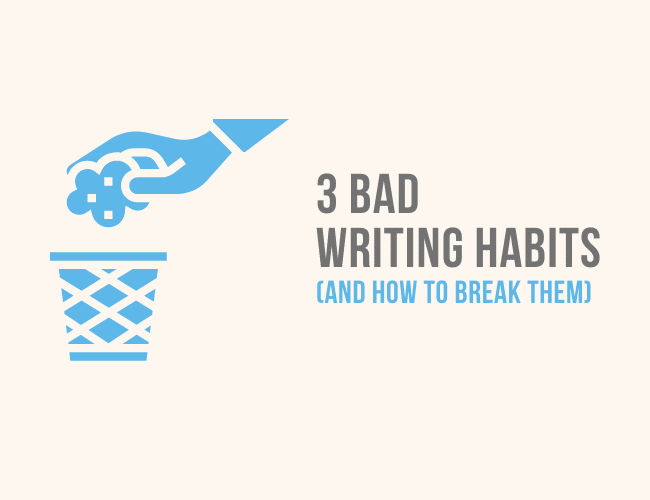
by Sarah Gribble |
Let’s be honest: it’s hard breaking habits, especially when it comes to bad writing habits. Writing is a career that requires a lot of self-motivation. In other words, it’s the perfect breeding ground for procrastination, distractions, and a world of other bad writing habits stalling your time to write.
But there’s hope! The best way to break bad writing habits is to first recognize that 1) you have them and 2) put forth the conscience effort needed to protect your time for writing. Here’s what I consider the three worst writing habits—and how to break them.
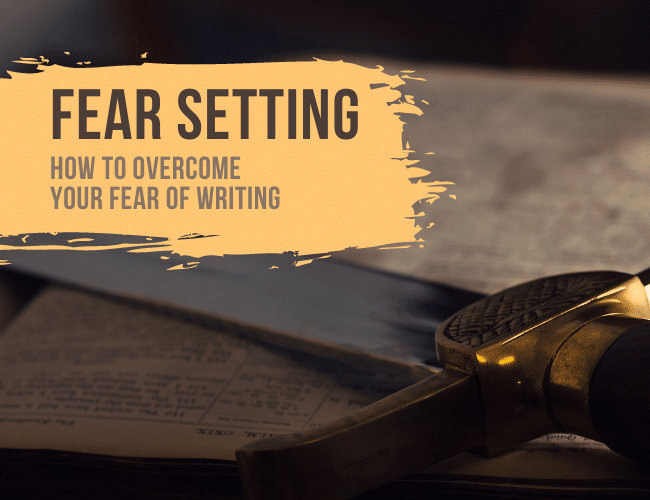
by David Safford |
If you’re not finishing your writing, it’s because of fear. Fear is far more influential than we like to think. We like to believe that we’re not succumbing to fears because we are good at goal-setting, or perhaps we stick to a writing schedule of some kind.
Yet fear is insidious. It is subtle. It speaks with voices you can’t hear, and unless you weed those voices from your psyche, they will forever impede your writing dreams.
Here’s how to overcome your fears and finish your writing with confidence!
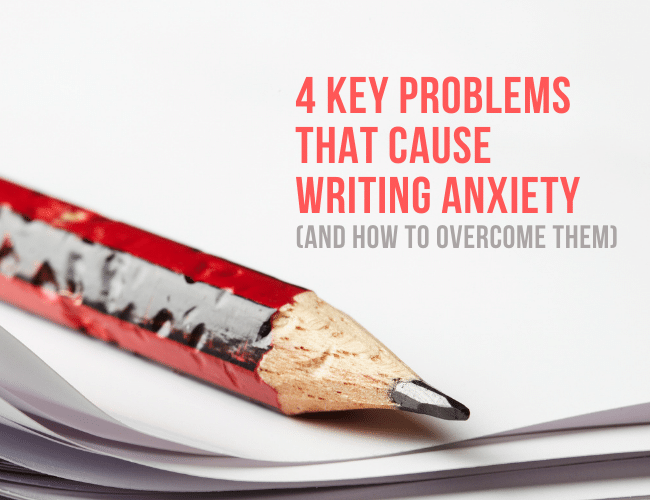
by J. D. Edwin |
Have you ever felt a rush of writing anxiety when trying to finish your story?
Whether you view this as resistance or low self-esteem, writing anxiety can prevent you from finishing that beautiful, unique story that only you can tell. Here are four common problems that feed writing anxiety and tips on how to overcome them.
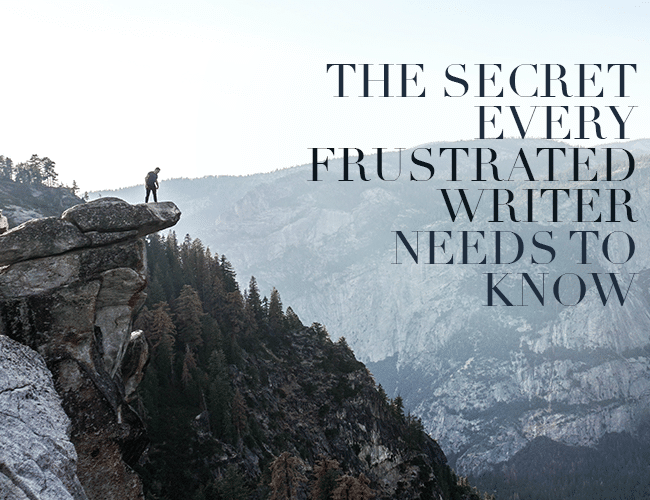
by Ruthanne Reid |
Are you frustrated with your writing? Tired of writing words you know aren’t as good as you want them to be? Frustrated writer, I know why.
A weird thing happens when we finally sit down to write The Book: we expect it to come out as magnificently as we think it should. We see or feel what it should be, and hey—we’ve read and written stuff all our lives, right? It should just come out!
But it doesn’t.
This is normal.








